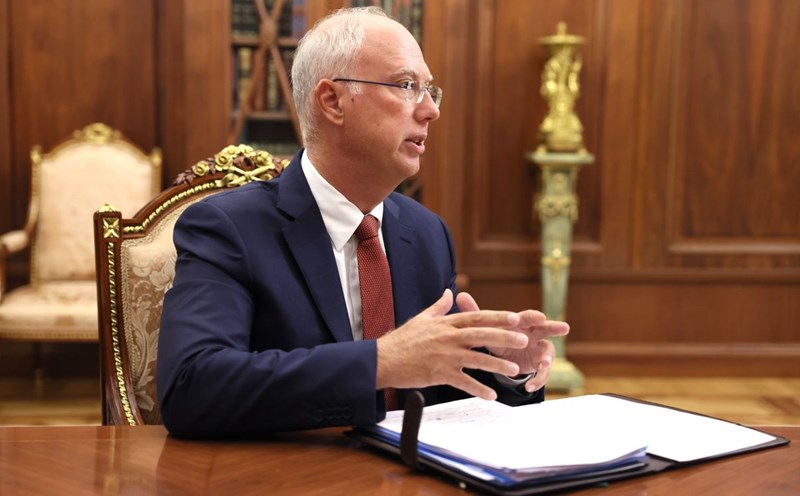The return to the White House of US President Donald Trump could bring an unimaginable change in global energy policy: the US and Russia could join hands to revive the Nord Stream gas pipeline.
On RT, Mr. Igbal Guliyev, Deputy Director of the International Institute for Energy Policy and diplomacy at MGIMO University, said that at first glance, this is an unreasonable hypothesis - Washington was determined to stifle the Russian gas industry, while Moscow was turning its axis to Asia. But recent developments suggest that the door to negotiations may be opening.
US changes strategy?
For many years, the US policy on Nord Stream has been very clear: Preventing at all costs. Washington has not only sanctioned Russian gas projects but also promoted US LNG exports to Europe to replace supplies from Moscow.
But reality shows: Europe cannot completely cut off Russian gas, LNG import infrastructure is still inadequate, many countries lack gas recycling stations.
US gas is more expensive than Russia, as Europe is exhausted by high energy prices, a cheaper option becomes attractive.
In addition, changing global competition - as China and India increase LNG purchases, the US could redirect the market and consider Nord Stream as a "gates".
If Washington truly considers re-cooperating with Russia, it is not for goodwill, but a cold flag to balance economic and geopolitical interests - Mr. Guliyev commented.
EU cracks
Europe has said it wants to end its dependence on Russian energy, but there is still a deep disagreement internally.
Facing an energy crisis, Germany - the EU's leading economy - is under pressure from industrial groups to demand stable supply at low prices. A reopening of the "backyard" with Nord Stream could be a lifebuoy.
For France, despite heavy investment in nuclear energy, Paris still needs a flexible policy to maintain its economy.

Meanwhile, Poland and the Baltic countries strongly opposed any agreement with Russia, fearing Moscow would re-establish its influence in Eastern Europe in terms of energy.
If the US does indeed negotiate with Russia, the EU could face an internal crisis, dividing between the practical and the tough on Moscow.
What will Russia gain - lose if it joins hands with the US?
Joining hands with the US to revive Nord Stream, Russia can restore a strategic export market. Although Russia is turning its attention to Asia, Europe is still a huge source of income.
In addition, Russia can avoid Asian customers forcing prices when buying gas, thereby increasing revenue, supporting the Russian economy under pressure from sanctions.
Conversely, there may be certain risks. The US could take control of part of the gas pipeline, leaving Russia unches down.
In addition, there are political conditions from Washington - any deal could come with a request for a transfer. Not to mention the uncertainty of the US, because when the government changes, Russia could once again be put in a difficult position.
While a US-Russia deal on Nord Stream remains a possibility, it is in fact being seriously discussed.











